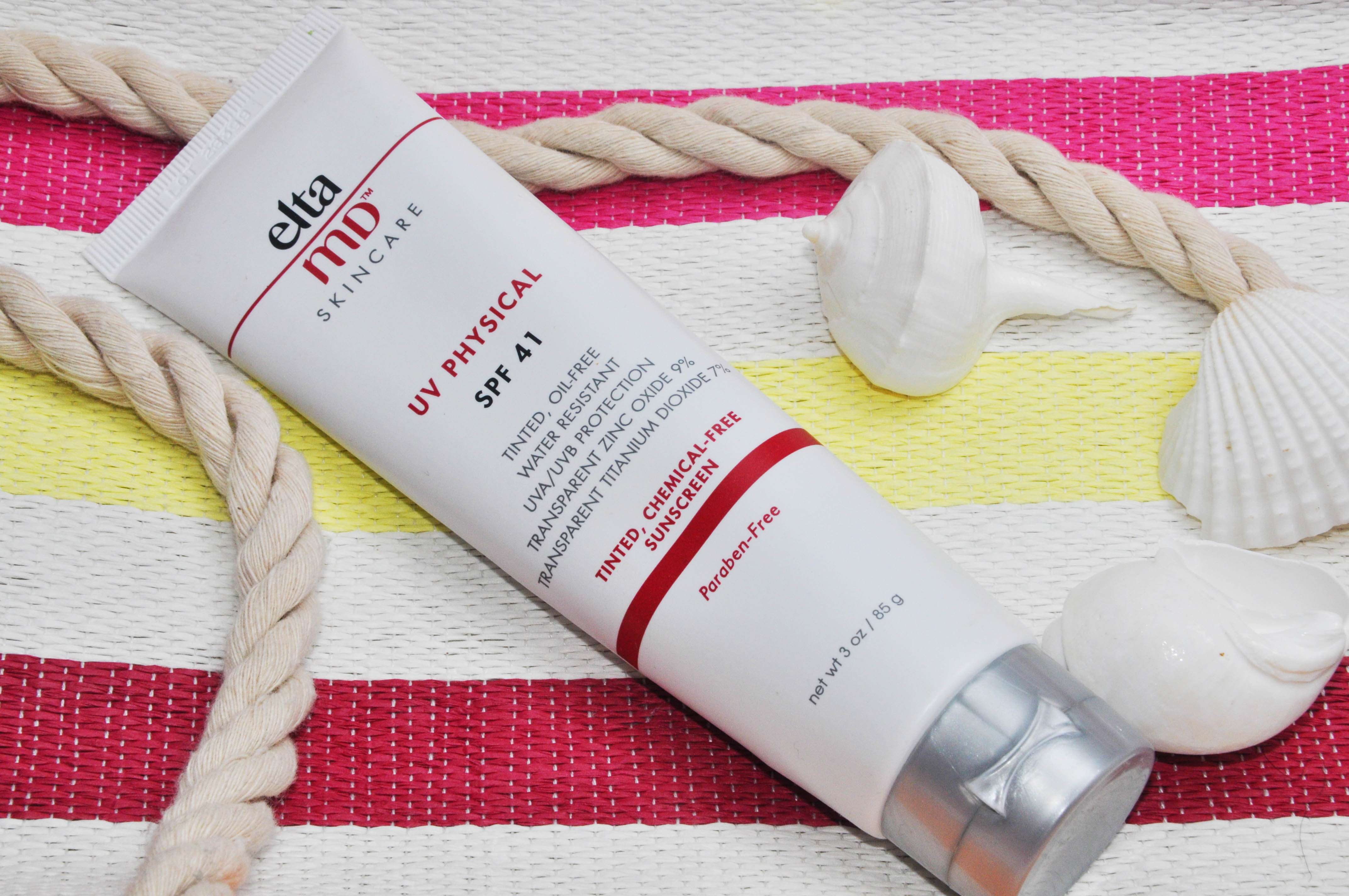The sunscreen aisle can be quite daunting with its plethora of options that range in color, bottle, size and SPF. There are a few factors that come into play when trying to decide the right sunscreen for your skin and skin health. One more thing to understand about sunscreens is the difference between “Physical” and “Chemical” sunscreen products.
Chemical Sunscreens
Chemical Sunscreens are composed of specific active ingredients that are used to absorb the UV rays from the sun. “Basically, these agents covert the harmful radiation in UV ray to other forms of energy that are not harmful to the skin,” notes Dr. Adam Mamelak, a board certified Dermatologist in Austin, Texas. This type of sunscreen is better absorbed into the skin and often more elegant in appearance and feel than many physical sunscreens. The formulations also offer some of the most effective, broad spectrum protection on the market. “These agents can be combined to produce a large range of preparations, often lighter and less ‘white’ than physical sunscreens. However, they can cause more irritation particularly in patients those with sensitive skin.” Overall, chemical sunscreens are extremely helpful and effective in the sun, and provide some of the best protection against UVA and UVB rays.
Physical Sunscreens
Physical Sunscreens tend to be mainly composed with Zinc-oxide and Titanium Dioxide. These ingredients deflect the suns rays, almost like tiny mirrors on the skin surface. “Physical sunscreens are great because they are applied and instantly block the rays of the sun,” states Dr. Mamelak. “It acts like a shield on the skin, not allowing the rays to permeate below the sunscreen.” This is a very effective way of safeguarding your skin, but there are other factors that need to be considered. This sunscreen tends to be thicker, and leave a white appearance on the skin. It can be a bit tougher to rub into the skin, making it not as aesthetically appealing as the chemical sunscreens sheer appearance. This means that there will be a need for more consistent applications to the skin.
There are pros and cons to each sunscreen, and you definitely are better being informed about what those are. Remember, no sunscreen is water PROOF only water RESISTANT, so you must reapply in order to get effective coverage from the suns rays and to keep yourself protected from the UV rays that can lead to skin cancer.
Contact Us
If you are interested in learning more about sunscreen, and which is the right choice for your skin, please contact us today. Our experience physicians have exceptional knowledge on the benefits and varieties of sunscreens.
Join Us

